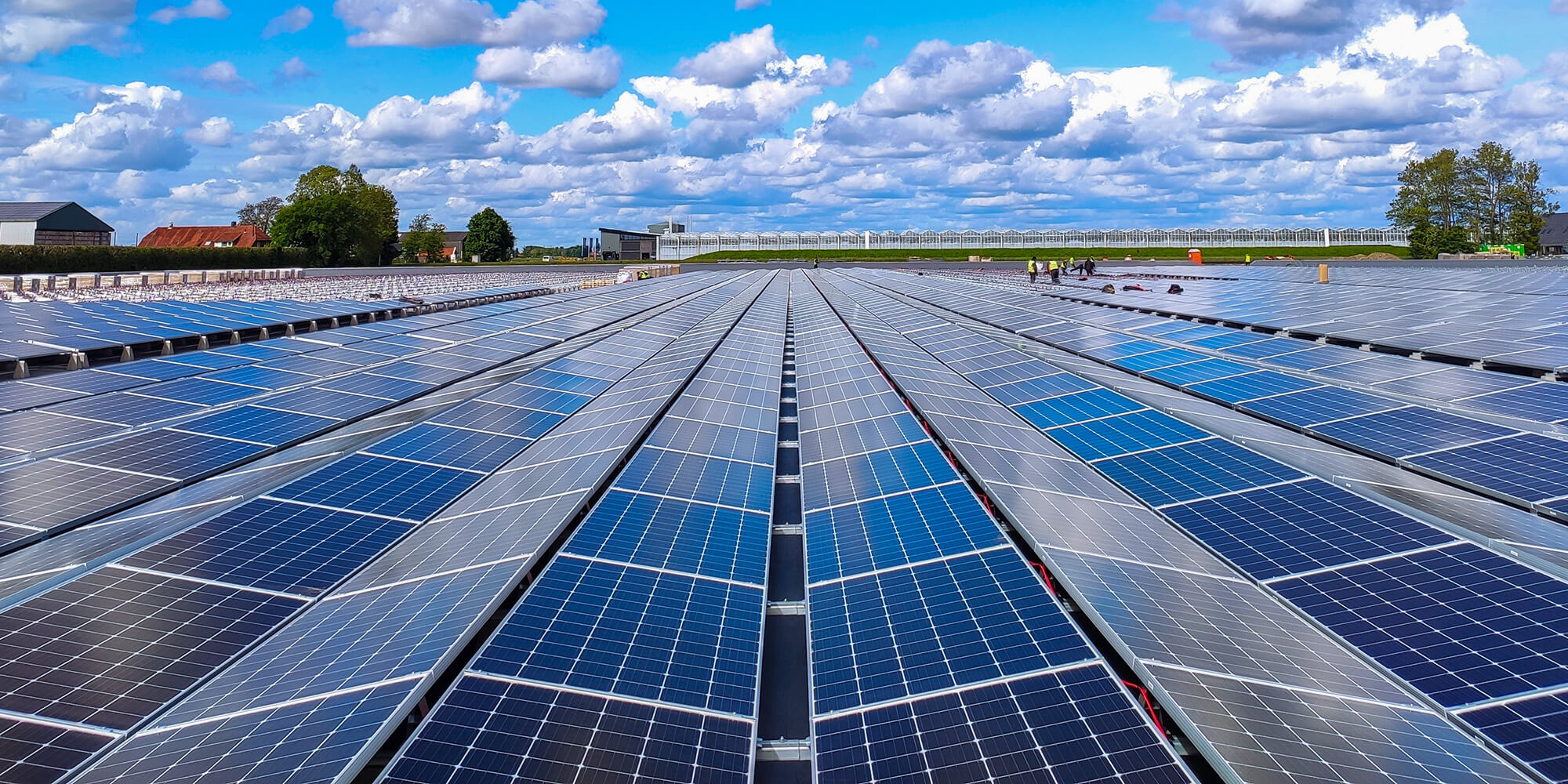
The I-REC numbers manifest the success of the I-REC system. Can you give your perspective on this?
Yes, the numbers do show a success. The desire to procure renewables, adherent to internationally accepted standards and requirements, has driven the volumes of I-RECs to significant levels, more than 12.5 TWh in 2019 and significantly more in 2020. In my opinion the real success however is that the volume growth has translated into increased interest among stakeholders and local market parties. In our drive to create internationally standardized but locally implemented markets, governments and non-market actors being actively involved in the development of the REC system is critical.
We have seen in 2019 and 2020 an explosion in local issuer requests, inquiries from governments and cooperation proposals with international leadership organizations from the UNFCCC to RE100. The increasingly global recognition that standardized REC markets can be a tool for supporting renewables is the largest success factor we have had as a Foundation.

Are there any specific countries you would like to single out to explain the rapid growth in the market, or has the growth been distributed equally in all regions?
All countries have shown significant growth, but in particular the countries with local issuers are leading. Issuers are market facilitators, not market players. This means that the Issuer must be an independent party that is not actively involved in the generation, purchase, sale or trade of I-REC certificates.
Currently there are more than 10 local Issuers that facilitate local markets. The issuers have strong local connections and combine their understanding of standardized REC markets with their knowledge of local regulatory and legal structures. This is a critical combination to supporting market growth and the implementation of smart policy measures. Local issuers, together with market players, are the catalyst for market growth and development. They are the true drivers of success in these markets.
How do you see the future for the I-REC system – in the short and long term?
Implementing the I-REC Standard in a country is an important step to creating a robust local voluntary renewable energy market. Wherever possible we work to support countries to build on the I-REC Standard and develop local compliance tools that best meet their market needs and local context. Going forward we see the Standard being implemented in many more countries and becoming the leading global system for buying renewable energy in a way that supports national goals and allows end-users to choose the energy they want. In this way we can support national policy as well as a demand driven market for renewable electricity.
About the I-REC Standard Foundation
The International REC (I-REC) Standard Foundation is a non-profit organisation that provides a standard for tracking of renewable energy so that consumers in all regions of the world can have access to internationally recognized, tradable and reliable electricity attribute tracking certificates (RECs). www.irecstandard.org


.png?width=3840&height=2560&name=Sun(1).png)

.png?width=3840&height=2560&name=Landscape_2(1).png)





